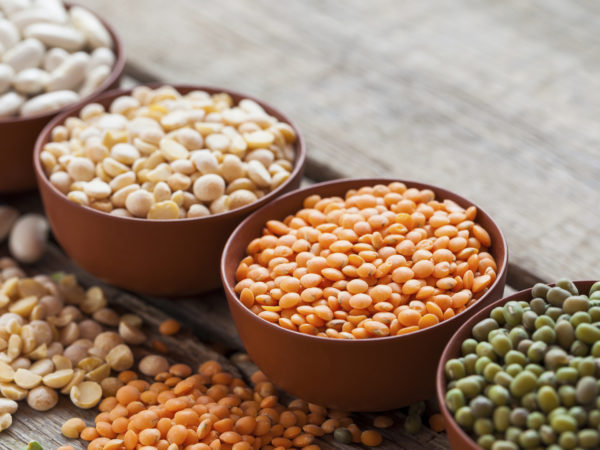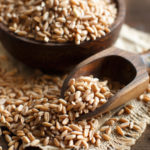Should I Avoid Lectins?
I’ve read that we should avoid legumes and foods that contain lectins, because they’re the real cause of obesity as well as serious health problems. Is this true?
Andrew Weil, M.D. | December 4, 2017

Lectins are plant proteins found in many foods, including legumes, grains and tomatoes and various fruits, as well as eggs and dairy products. They’ve risen to recent prominence because of the popularity of a book warning against them that claims they are the biggest danger in the American diet. That assertion is false.
Although they may be beneficial to the immune system and may have some anti-cancer effects, lectins have no known role in human nutrition. When we consume lectins, they bind to carbohydrates and pass through the digestive tract. However, if foods containing high amounts of them are uncooked or undercooked, they can make you sick with symptoms of food poisoning – nausea, vomiting and diarrhea. Symptoms usually subside within hours. According to the FDA, consuming as few as 4 or 5 raw kidney beans can cause symptoms. The FDA warns against cooking kidney beans in slow cookers, crockpots or casseroles because the heat isn’t high enough to destroy lectins.
It is also not true that beans and legumes are unhealthy because of the lectins they contain. In fact, they are very nutritious, rich in vitamins, minerals and fiber. For the record, the American Diabetes Association, the American Heart Association and the American Cancer Society all recommend legumes as one of the most important food groups for disease prevention and optimal health. They help regulate blood sugar more than almost any other food group.
Legumes are also heart healthy; their fiber lowers blood cholesterol and triglyceride levels. A 25-year-long study of more than 15,000 middle-aged men across the U.S., Europe and Japan found that consumption of legumes was associated with an 82% reduction in risk of death from heart disease.
Boiling legumes for 30 minutes degrades most – if not all – of the lectins they contain.
Grains – including quinoa, rice and barley – contain lectins, as does wheat. Here, too, cooking and processing break them down.
In sum, lectins definitely are not the cause of obesity or any other serious health problems.
Andrew Weil, M.D.
Source:
David L.J. Freed, “Do dietary lectins cause disease?” BMJ, April 17, 1999











